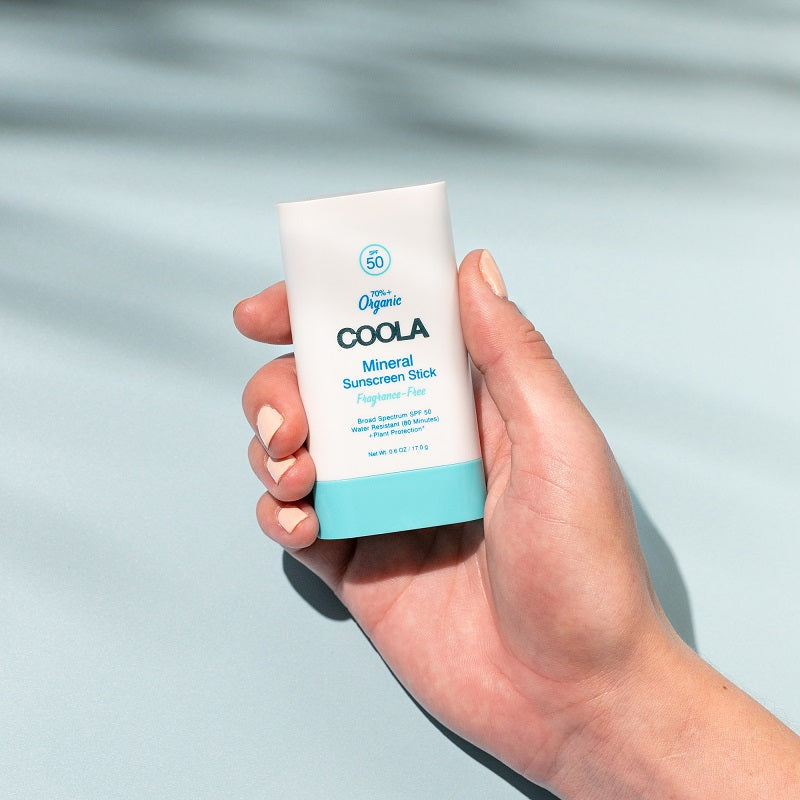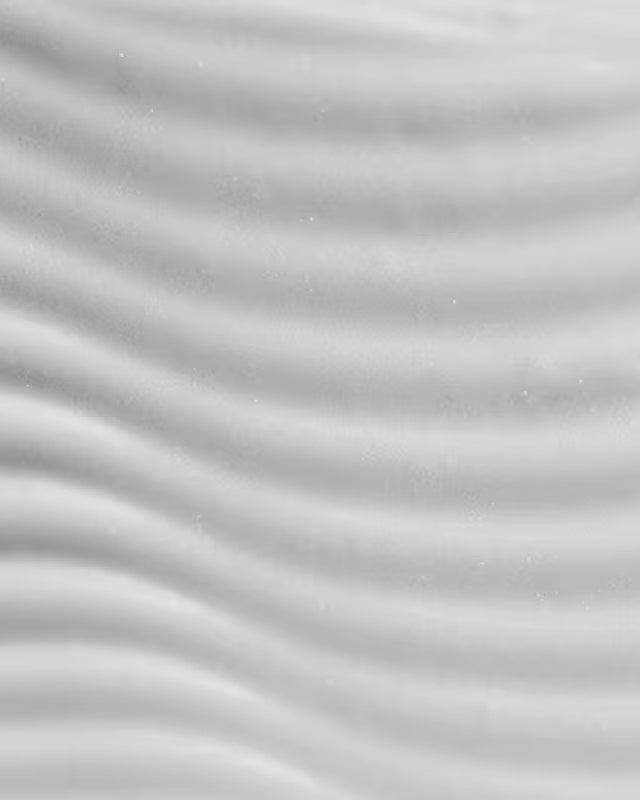
Mineral vs. Chemical Sunscreens: The Ultimate Guide to Choosing the Best for Your Skin
Sunscreen isn’t just another step in your skincare routine—it’s a non-negotiable. Whether you love a lightweight spray, a rich lotion, or even SPF-infused lip balm, we all need sun protection to keep our skin healthy. Sunscreen helps prevent skin cancer, slows down signs of aging, and keeps painful sunburns at bay while supporting the skin barrier.
But before you break out your tube, there’s one big question: mineral or chemical? Both get the job done, but they work in different ways. One acts like a shield, bouncing UV rays away, while the other absorbs and neutralizes them. The type you choose can affect everything from protection levels to how it feels on your skin.
So, which one’s your perfect match? Let’s break it down so you can find the best sunscreen for your skin and lifestyle.
How Sunscreen Works
Sunscreen is our skin’s first line of defense. Whether out in the sun or just hanging by a window, ultraviolet (UV) rays are always there, speeding up aging and increasing the risk of skin cancer.
That’s why daily SPF is essential. But how does it work? We have the information you need to protect your skin. Here’s what you should know:
SPF: What It Really Means
SPF, or Sun Protection Factor, tells us how well sunscreen shields our skin from UVB rays, which cause sunburn. The number on the bottle, whether SPF 15, 30, or 50, doesn’t mean total protection but rather how much longer we can stay in the sun before burning compared to not wearing sunscreen.
For example, SPF 30 means you can theoretically be in the sun 30 times longer before burning. But SPF isn’t a free pass to bake in the sun all day, and no sunscreen blocks 100% of UV rays.
| SPF Level | UVB Protection |
|---|---|
| SPF 15 | Block 93% of UVB rays |
| SPF 30 | Block 97% of UVB rays |
| SPF 50 | Block 98% of UVB rays |
Even with high SPF, we need to reapply, especially after sweating or swimming, because sunscreen naturally wears off. So, the key isn’t just picking the proper SPF but using enough and reapplying often to stay protected.
While SPF measures protection against UVB rays—the ones that cause sunburn—it doesn’t account for UVA rays, which penetrate deeper and accelerate skin aging. That’s why broad-spectrum sunscreen is essential. It shields against both UVA and UVB rays, giving your skin complete protection.
Why You Need Sunscreen on Cloudy Days and Indoors
Do you think cloudy days mean you’re off the hook for sunscreen? Nope! Up to 90% of UV rays still make it through, so even when the sun isn’t shining, our skin is still soaking up damage.
And if you’re sitting by a window or driving, those sneaky UVA rays can pass right through the glass, silently causing wrinkles and sunspots and even increasing skin cancer risk.
The bottom line? Sunscreen isn’t just for beach days. It’s an everyday essential. Whether working from home by a sunny window, running errands, or spending hours outside hiking or swimming, a layer of SPF is the best way to keep our skin healthy and protected.
What Is Mineral Sunscreen? Your Skin’s Natural Shield
Mineral sunscreen is like a suit of armor for your skin, creating a physical barrier that reflects and scatters UV rays before they can do damage. Unlike chemical sunscreens, which absorb UV radiation and transform it into heat, mineral formulas work instantly, so you don't have to wait for them to kick in. Just apply and go.
How It Works: Science Meets Skin Protection
At COOLA, we love mineral sunscreens for their naturally powerful protection. They use two key ingredients—titanium dioxide and zinc oxide—that sit on your skin’s surface and block UVA and UVB rays. That’s why we think they’re the best sunscreen for sensitive skin—gentle, effective, and ready to protect the moment you apply.
Why Mineral Sunscreen Stands Out
-
Safe and effective from the moment you apply—no 15-minute wait time.
-
Broad-spectrum by nature, meaning it protects against both burning UVB rays and aging UVA rays.
-
Gentle on sensitive skin, making it ideal for those prone to irritation, redness, or conditions like rosacea and eczema.
Any Downsides?
Mineral sunscreens do a great job of protecting your skin, but some can feel a bit thicker than chemical ones. A few might leave a slight white cast, though newer formulas have come a long way. Since they sit on top of your skin instead of absorbing, reapplying regularly is essential for the best protection.
What Is Chemical Sunscreen? The UV Absorber
Chemical sunscreen soaks up UV rays, turns them into heat, and releases them from your skin. Instead of sitting on top like a shield (like mineral sunscreens do), it absorbs the rays before they can cause damage due to a mix of active ingredients.
How It Works: A Chemical Reaction for UV Defense
Chemical sunscreens use UV-filtering ingredients like avobenzone to absorb UV rays, turn them into heat, and release them from your skin. But they don’t work right away. You’ll need to wait about 15 minutes after applying for complete protection, so plan ahead before stepping into the sun.
Why People Choose Chemical Sunscreens
-
Lightweight, easy-to-apply formulas blend easily into the skin.
-
No white cast, making them a popular choice for darker skin tones.
-
Often water-resistant, making them ideal for swimming and intense outdoor activity.
Things to Consider
Some chemical sunscreens may not be suitable for those with sensitive skin, as certain ingredients can sometimes cause irritation or redness. Mineral sunscreens offer a great alternative.
Which One Is Right for You?
At COOLA, we know that choosing the right sunscreen is all about finding what fits your skin, lifestyle, and overall wellness. Both mineral and chemical sunscreens get the job done, but they can affect how they feel, how well they protect, and what’s best for your skin in the long run.
Use the table below to help you find your perfect match.
| Category | Best Choice | Considerations | Top Products |
|---|---|---|---|
| Sensitive Skin | Mineral – Gentle, non-irritating, anti-inflammatory (zinc oxide). | Less likely to cause irritation or allergic reactions. | COOLA Zinc Oxide Sunscreen Lotion |
| Everyday Wear | Chemical – Lightweight and hydrating with a clear finish. | Easily blends into all skin tones for lightweight, everyday use. | COOLA Hydrating Sunscreen Lotion |
| Outdoor Sports | Chemical – Moisture-resistant for intense activity. | Chemical sunscreens stay on better during sweat and water exposure. However, you could also just reapply mineral sunscreen more frequently. | COOLA Zinc Oxide Sunscreen Spray |
| Acne-prone or Oily Skin | Mineral – Non-comedogenic, soothing, and often matte finish. | Some chemical ingredients can clog pores or trigger breakouts. | COOLA Clear Skin Oil-Free Moisturizer |
Application Tips for Maximum Protection
Sunscreen only works if you use enough of it and reapply it correctly. Even the best formula won’t do its job if applied too sparingly or if it gets wiped away throughout the day. Follow these science-backed tips to get consistent, full-strength protection whenever you step outside.
- Use enough sunscreen (the two-finger rule): For your face and neck, squeeze sunscreen along the length of two fingers (index and middle). For your body, use about a shot glass (1 ounce) to cover all exposed skin.
- Reapply regularly to stay protected: Reapply every two hours, but if you’ve been swimming or sweating, towel off and reapply.
- Reapply even when indoors: If you work near windows or digital screens, reapply at least once at midday to protect against UVA and blue light exposure.
- Layer sunscreen correctly with skincare and makeup: Apply skincare first (serums, moisturizers, treatments) and let it absorb. Sunscreen goes on next—always as the final step before makeup. Let sunscreen set for a few minutes before applying makeup to avoid pilling.
Your Skin, Your Choice: Pick the Best Protection for You
When it comes to mineral vs. chemical sunscreen, the most important choice is wearing sunscreen daily—no matter which formula you prefer. While chemical sunscreens offer convenience, mineral sunscreen options provide safe, effective protection with fewer potential irritants.
Check out our organic sunscreens if you want clean, skin-friendly suncare. Made with nourishing ingredients, they offer powerful UV defense without compromising skin health.
Ready to upgrade your sun protection? Explore COOLA’s organic sunscreens made with skin-loving, clean ingredients for powerful UV defense. Because protecting your skin should feel just as good as it looks.




